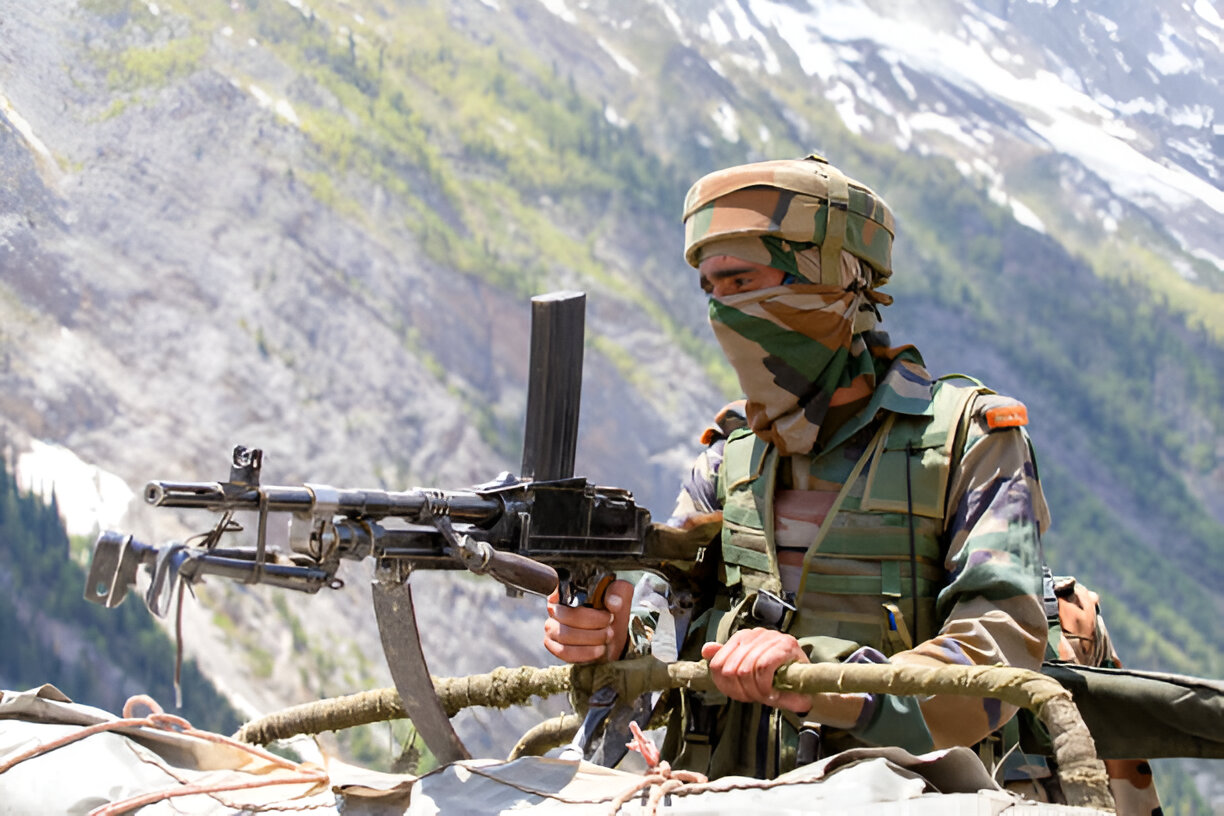
The Pahalgam terror attack has once again raised concerns not only about security and geopolitical tensions but also about its cascading impact on several vital sectors—including healthcare and pharmaceuticals. This tragic incident not only caused human loss and social unrest but also exposed the vulnerabilities of the supply chain, workforce stability, and international cooperation that form the backbone of the pharmaceutical industry in the region.
While the primary concern lies in humanitarian and security responses, it is crucial to examine how such terror incidents have far-reaching consequences on the pharmaceutical industry, especially for every Pharma Franchise Company in India like Amzor Healthcare, which is actively involved in serving remote and border regions.
Immediate Disruption in Pharmaceutical Logistics
The most direct and immediate impact of the Pahalgam terror attack is the disruption in logistics and transportation routes. Pahalgam, situated in Jammu and Kashmir, is a region that heavily relies on transported pharmaceutical supplies due to limited local manufacturing. Roadblocks, curfews, and security inspections result in delayed deliveries, especially of critical life-saving drugs, vaccines, and medical kits.
Pharma Franchise Companies in India that serve this region are now facing delayed consignments, spoilage of temperature-sensitive medicines, and higher transportation costs. Local medical stores and healthcare units are under immense pressure as supply does not meet demand.
Increased Operating Costs for Pharma Franchise Companies
When terror attacks occur, the cost of doing business in and around the conflict zone skyrockets. For companies like Amzor Healthcare, which follow a wide distribution network, these attacks mean they must reevaluate risk management policies and sometimes even halt operations in specific high-alert zones.
The following cost implications are being reported:
- Security for transport vehicles and warehouses
- Insurance premiums for goods-in-transit
- Emergency staffing and hazard pay
- Extra storage costs for diverted or delayed shipments
All of these factors increase the operational burden for a Pharma Franchise Company in India striving to serve even in disturbed areas.
Impact on Healthcare Workforce and Infrastructure
Terrorist attacks not only damage physical infrastructure but also cause a psychological toll on the healthcare workforce. Medical representatives, supply chain employees, warehouse operators, and ground staff working for franchise partners often refuse to work in high-risk zones due to fear and instability.
This has two primary consequences:
- Talent Drain: Trained professionals may relocate to safer regions, leaving a shortage in healthcare manpower.
- Unstable Franchise Operations: Franchisees may temporarily shut down, further compounding the medical crisis in affected regions.
Companies like Amzor Healthcare, known for their wide franchise network and robust presence in semi-urban and rural areas, now face the challenge of maintaining service continuity in conflict zones.
Cross-Border Pharmaceutical Trade and Tensions
The Pahalgam terror attack has aggravated diplomatic tensions between India and neighboring countries. Any cross-border pharmaceutical collaboration or exchange, particularly for rare APIs (Active Pharmaceutical Ingredients) or joint research, could face stricter regulations or get suspended altogether.
This impacts:
- Import-export permits and customs clearance delays
- Joint medical research on endemic diseases
- Licensing and approval of cross-border pharma projects
In an era of global pharmaceutical interdependence, such a breakdown can hinder innovation, delay clinical trials, and affect public health initiatives in the region.
Supply Chain Vulnerabilities Exposed
One key takeaway from the attack is how dependent the pharmaceutical ecosystem is on uninterrupted logistics and peace. Whether it’s the supply of raw materials, dispatch of finished goods, or manpower movement, every layer is sensitive to unrest.
For a Pharma Franchise Company in India, the model itself is based on timely delivery, regional stocking, and efficient distribution. A single point of disruption—like Pahalgam—creates ripple effects across the entire franchise network.
Amzor Healthcare is a prime example of how leading Indian pharma companies are now focusing on digital order systems, cloud-based inventory management, and GPS-tracked logistics to mitigate future risks.
Challenges in Medical Accessibility and Public Trust
People living in terror-affected regions are the worst hit when pharmaceutical supply chains break down. Chronic patients with diabetes, hypertension, or psychiatric disorders are unable to access medicines, while hospitals are ill-equipped to manage emergencies.
This gap in medical accessibility leads to:
- Increased black-market drug circulation
- Hoarding and price inflation
- Decline in public trust toward healthcare providers
It is imperative for every Pharma Franchise Company in India to develop contingency plans, such as local emergency medical hubs and drone delivery trials for remote areas.
Steps Forward for Pharma Franchise Companies
To ensure business continuity and uphold public health, pharmaceutical companies must now evolve strategies that go beyond conventional distribution models. Companies like Amzor Healthcare are already innovating to stay ahead of such crises.
Here are key recommendations:
- Risk Mapping: Identifying high-risk zones and planning alternate delivery routes.
- Emergency Stockpiling: Setting up regional cold storage and buffer stock units.
- Franchise Support: Providing psychological and financial support to franchise partners in conflict zones.
- Public-Private Partnerships: Collaborating with local authorities for escorted transport of medicines.
- Digital Expansion: Encouraging telemedicine and e-prescription services in disturbed regions.
Conclusion
The Pahalgam terror attack is a harsh reminder that the impact of terrorism extends beyond the loss of life and property. The pharmaceutical sector, especially in conflict-prone areas, faces a multidimensional challenge—from disrupted logistics and elevated costs to diminished workforce and weakened public health response.
For every Pharma Franchise Company in India, including Amzor Healthcare, there is now a greater responsibility to build resilient, technology-driven, and secure operations. Only then can the industry withstand such shocks and continue to deliver essential healthcare services to all corners of the nation, regardless of adversity.



